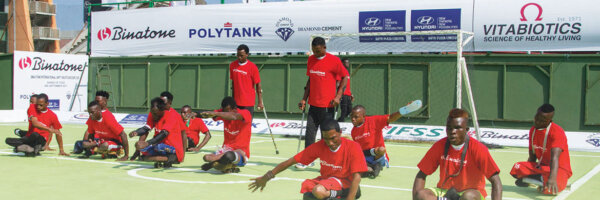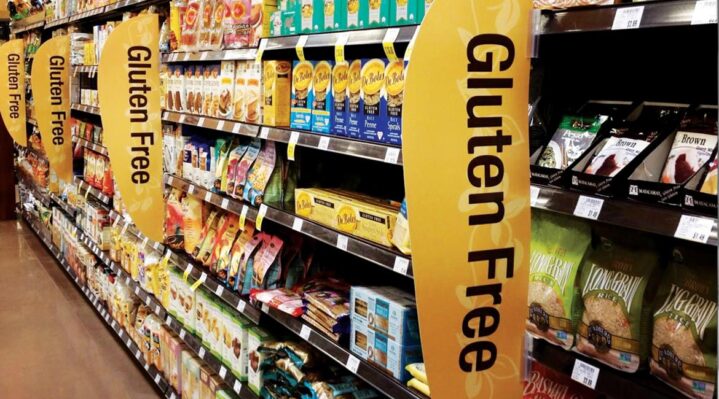
Gluten Free or Not, That is the Question?
Expat Life in Thailand reports thousands of people around the world who have taken gluten foods out of their diet have made a vast improvement in their health. People who have coeliac disease, gluten intolerance or sensitivity to gluten related foods have benefited from a change in diet.
The next group of people are those that think it is going to benefit their health even if they do not have any digestive, absorption or sensitivity issues. One final group are those who think it sounds good at a party or because a celebrity has become gluten free in their diet. Whatever your reason for taking gluten out of your daily food intake, it is important to make sure that the health of your body stays your number one focus.
Let’s break this down and take a look at each group.
Being gluten intolerant is not about what can you substitute, it is, “What does your diet look like.” People who have been diagnosed with coeliac disease have damage to villi due to inflammation caused by gluten. There are a number of symptoms such as bloating, skin rashes, cramping, sleep issues, nausea and many other symptoms that people have experienced. It is important to get the right diagnosis to help with the changes in a person’s diet that needs to take place. Blood tests are very helpful.
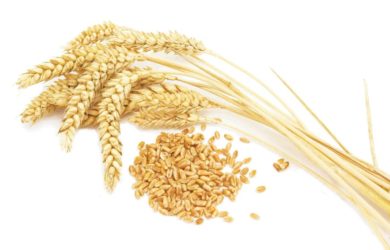
Many people ask what foods can I substitute? Make the enquiry about, “What are all the wonderful foods that I can eat to help decrease inflammation and return my cells to a healthy state.” It may not be that your body returns to eating gluten foods, it may be that your body eats foods that no longer give you the symptoms of the inflammatory internal state.
Supermarkets are now stocking foods that are labeled gluten free. The words free from are becoming more and more familiar. This becomes part of your daily, weekly shopping experience. Reading labels is also very important as prepackaged foods may still include gluten related items in them. Check your beauty products, many have gluten related foods in them. Cross contamination from cutting boards, spoons when cooking, reusing bags that may have had gluten products in them. All these areas need to be addressed.
Concentrating on fresh vegetables and fruit will be your digestive friend. My suggestion is also to remove nightshade foods such as tomatoes and potatoes to help the inflammation decrease. These foods may be added back into the diet when symptoms are decreasing significantly.
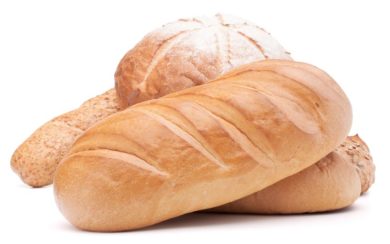
In Thailand where there is a lot of spice and the best option is to take it out. There is so much amazing food in Thailand that hot spice is not necessary all the time. Food is about building healthy cells. Like the nightshade group of foods, it may only be for a short period of time that hot spiced food is removed. Legumes with grain is a wonderful source of protein and may be easier to digest than heavier meats. Many coeliac people also choose to be vegetarian for some time to help alleviate symptoms.
Be careful about iron levels, that they do not drop to anaemic levels. Taking meat out of the diet has complications if not approached with the right balance of foods, especially your source of protein. If you choose to remove gluten from your diet because you think this will benefit your health, that is a personal choice and not one to be forced on others. Everyone’s health is different and people choose different paths to find what is best for them. Gluten free is not a detox diet. You may feel an improvement within yourself due to not eating a lot of bread, cereals or processed foods. That in itself is your body being happy.
If you are thinking about gluten free because you read a celebrity is “going or gone gluten free”, know your body first and learn what it is before making any great changes.
Gluten free grains are amaranth, buckwheat, corn/cornmeal, flax, millet, quinoa, rice, soy, tapioca, to name but a few. Flours that are gluten free include: rice, soy, corn, potato, bean.
Grains to avoid which contain gluten are wheat, rye, barley, triticale, brewers yeast, wheat starch.
We know many of these foods as, pasta, noodles, bread and pastries, crackers, cereal, granola, croutons.
Read the labels when buying croutons, flour tortillas, beer, malt vinegars and other malt related foods as these to may contain gluten.
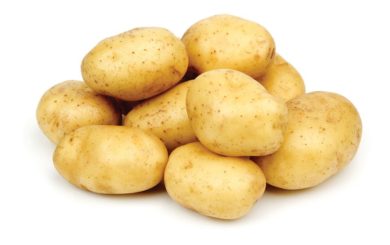
It is the day to day foods that need to be avoided if you have true gluten intolerance symptoms like French fries, potato chips, candy bars, deli meats, some soy sauces, cake fillings that contain flour, pancakes with wheat flour to name a few.
The safest way if you are gluten free is to read the labels if purchasing prepackaged foods. Avoid takeaway unless you know that there is no flour or gluten foods being used. Eat the wonderful selection of fresh fruit and vegetables that mother nature provided and that our supermarkets stock.
Choose your words carefully. Change your mind set from a victim state of, “I can’t eat this or I can’t eat that”, to, “There is so much I can eat and I am so creative with my food to take care of myself”.
Live life to the full, health and happiness.
Karla
Read similar articles or share this story to your website/blog


